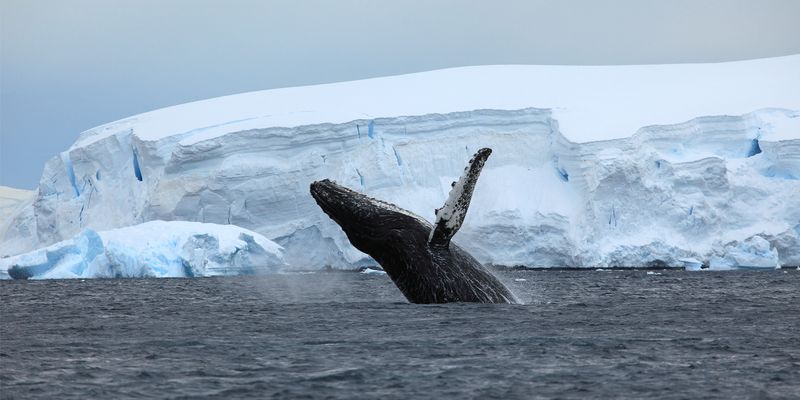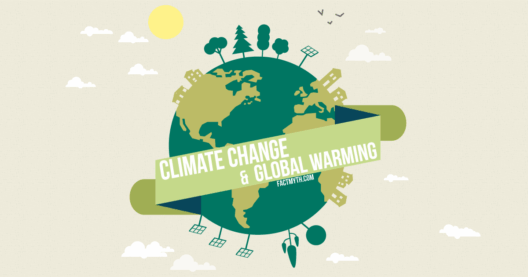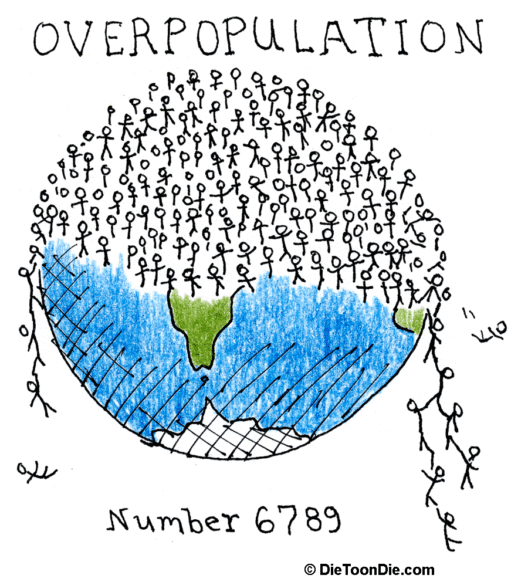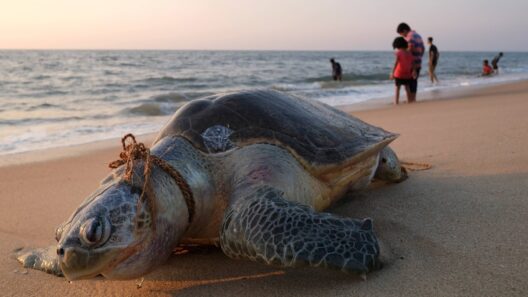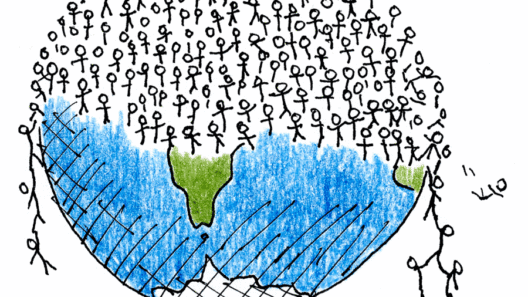As temperatures rise and glaciers retreat, the effects of global warming reverberate across ecosystems, with profound repercussions for marine life. Among the creatures grappling with these changes are killer whales, or orcas, renowned apex predators that navigate the world’s oceans with remarkable agility and intelligence. The ramifications of climate change on these marine mammals encompass not only their distribution and behavior but also their hunting strategies and prey availability. How well can these charismatic cetaceans adapt to the rapid shifts in their environment?
To understand the plight of killer whales, it is essential to comprehend the broader implications of climate change on marine ecosystems. The warming climate leads to melting polar ice caps, which, in turn, disrupts the intricate balance of marine habitats. As the polar regions become increasingly inhospitable, many species are forced to relocate in search of suitable environments. For killer whales, a species with a broad geographical range, this migration poses both opportunities and challenges.
One of the most significant impacts of rising sea temperatures is the alteration of prey distribution. Killer whales predominantly hunt fish and marine mammals, including seals and sea lions. The changing climate leads to shifts in the populations of these prey species, as they migrate to cooler waters or to regions that offer more favorable breeding conditions. Consequently, orcas may find themselves in competition with other apex predators or struggling to find their preferred food sources. For example, in regions like the Arctic, the influx of other marine predators relocating northward creates an environment rife with competition for limited resources. Will killer whales adapt their hunting techniques to tackle these novel challenges?
Moreover, the ecosystem disruptions caused by climate change extend beyond prey availability. The decline in sea ice significantly affects the breeding and feeding habits of marine mammals, which are integral to the killer whales’ diet. Ice serves as a habitat for seals, which rely on it for pupping and resting. As these habitats diminish, the seals’ populations may dwindle, leading to a cascading effect on the orcas that depend on them for sustenance. The potential for food scarcity raises critical questions about the resilience of killer whale populations in the face of an ever-changing marine environment.
In addition to prey dynamics, climate change affects killer whale social structures. These marine predators are known for their complex social bonds, which play a pivotal role in their hunting success. Social learning is vital in passing down hunting techniques and foraging strategies from one generation to the next. If climate change leads to disbandment or fragmentation within orca pods, the repercussions could be detrimental. Knowledge that has taken generations to acquire may be lost, impacting the orca’s ability to hunt efficiently. In this context, how crucial is social cohesion for the survival of killer whales as they navigate an ever-evolving landscape?
Furthermore, killer whales face the insidious threat of ocean acidification, a consequence of increased carbon dioxide levels in the atmosphere. While this phenomenon is often discussed in relation to its impact on coral reefs and shellfish, the ripple effects extend to the entire food web. Acidic waters can impair the health of fish populations, further complicating the marine ecosystem that orcas navigate. With fewer healthy fish populations, the implications for orca nutrition and overall population health cannot be ignored. Will killer whales find alternative food sources, or will their adaptability fall short in the face of such multispectral threats?
As evidence mounts regarding the influence of climate change on marine ecosystems, it becomes increasingly critical for scientists and conservationists to monitor and advocate for these majestic animals. Research initiatives aimed at understanding the adaptability of killer whales should be prioritized. Identifying key traits that facilitate resilience in shifting environments may prove beneficial for conservation strategies. Additionally, safeguarding critical habitats through protected marine areas can offer refuge not only for killer whales but also for the diverse array of species that inhabit these ecosystems.
Education and outreach play pivotal roles in fostering a collective commitment to ocean conservation. Engaging the public in discussions about the fate of killer whales can ignite a passion for marine stewardship. Enabling communities to understand the interconnectedness of climate change and marine ecology empowers individuals to take proactive steps. Whether through reducing carbon footprints, supporting sustainable fisheries, or participating in coastal clean-up efforts, every action contributes to the broader effort to mitigate climate change impacts.
Ultimately, the future of killer whales amid a warming ocean calls for a multifaceted approach. As these remarkable creatures face unprecedented challenges, their ability to adapt will be put to the test. Understanding the intricate relationships between climate change, marine ecosystems, and killer whale populations is essential in forging pathways to their survival. The question remains: can killer whales evolve their behavior and hunting strategies in the face of these formidable challenges? As stewards of the ocean, it is imperative to advocate for policies and practices that prioritize the health of marine ecosystems for generations to come.
In conclusion, killer whales stand at the intersection of climate change and marine conservation. The impacts of global warming necessitate urgent action and a collaborative response. By focusing on the adaptability of these apex predators, we can glean insights into the broader health of our oceans, with the ultimate aim of fostering resilience in the face of change. It is high time we commit ourselves to understanding and protecting these enigmatic marine mammals, for their fate is inextricably linked to the vitality of our world’s oceans.



